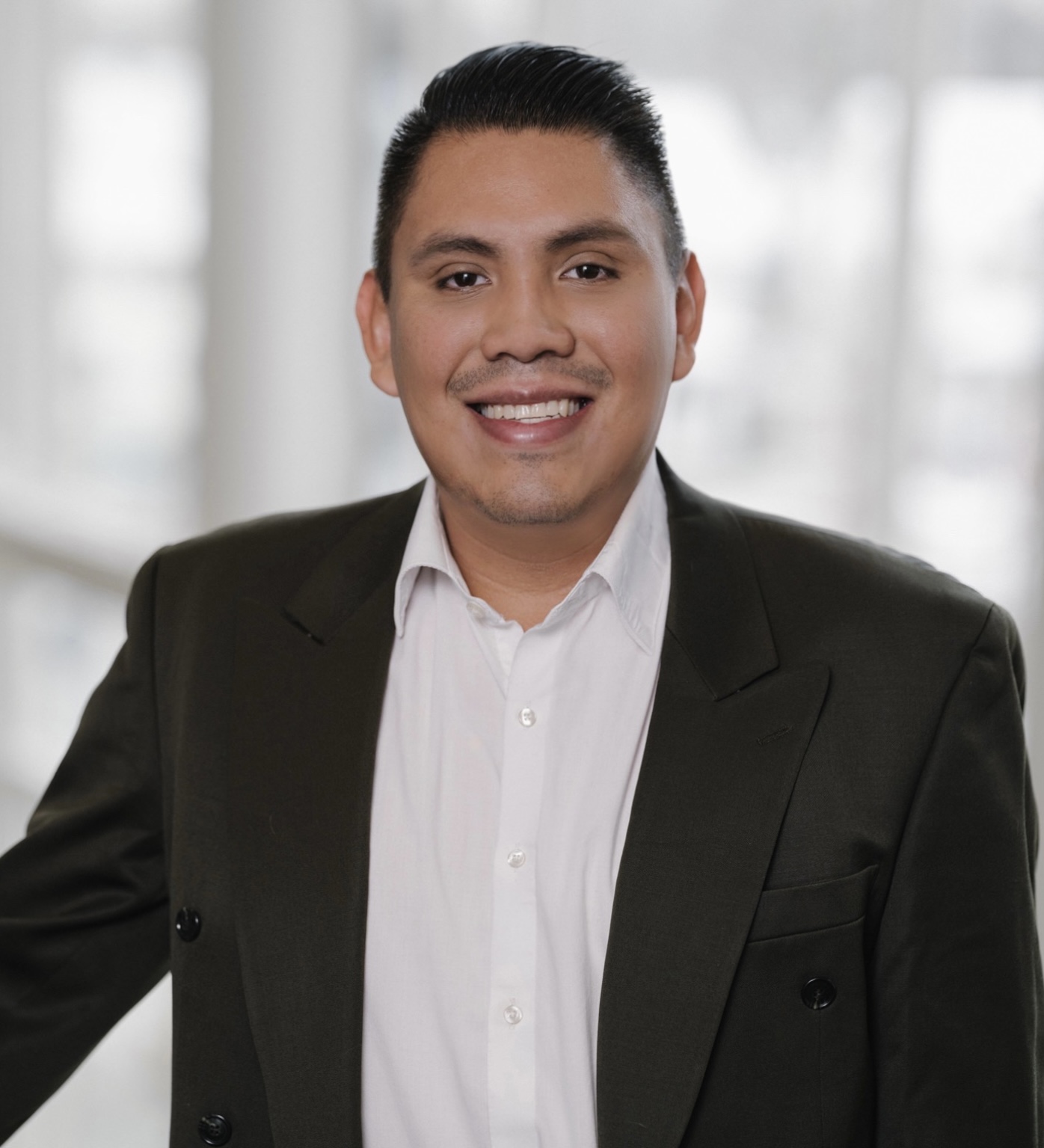Meet Francisco Cartujano-Barrera, MD
Meet Francisco Cartujano-Barrera, MD
 Cigarette smoking is the number one preventable cause of death in the U.S., killing nearly half a million people each year. Francisco Cartujano-Barrera, MD, is a researcher at the University of Rochester Medical Center’s (URMC) Department of Public Health Sciences and Wilmot Cancer Institute (Wilmot) who knows from personal experience how destructive smoking can be. His grandfather smoked heavily and died of lung cancer — an experience that motivated Cartujano-Barrera to dedicate his research to smoking cessation and the life-saving interventions that help people quit.
Cigarette smoking is the number one preventable cause of death in the U.S., killing nearly half a million people each year. Francisco Cartujano-Barrera, MD, is a researcher at the University of Rochester Medical Center’s (URMC) Department of Public Health Sciences and Wilmot Cancer Institute (Wilmot) who knows from personal experience how destructive smoking can be. His grandfather smoked heavily and died of lung cancer — an experience that motivated Cartujano-Barrera to dedicate his research to smoking cessation and the life-saving interventions that help people quit.
Today, as director of Wilmot’s Tobacco Cessation Program and assistant director of the Wilmot Office of Community Outreach and Engagement, Cartujano-Barrera seeks to understand and assist individuals who smoke, rather than judging them as if their tobacco use is a moral failing.
"Whenever we start to conceptualize tobacco use and addiction, we understand that smoking is not solely a matter of personal choice," said Cartujano-Barrera. "It really is an addiction, so individuals shouldn't be ‘blamed’ for smoking." Confrontation, he says, often creates resistance. Instead, his goal is to offer support, treatment, and a pathway to wellness for individuals who have not previously benefited from such efforts.
Placing Community Members at the Center of Research Initiatives
Cartujano-Barrera conducts community-based participatory research for cancer prevention and control among underrepresented minorities. Particularly, he focuses on the development and implementation of culturally and linguistically appropriate mobile interventions among Latinos.
Cartujano-Barrera and colleagues at the Center for Community Health & Prevention (CCHP) have worked with a community advisory board for the past eight years to incorporate real-world experiences into their research.
"The community advisory board, they're the ones who encouraged me to incorporate physical activity into cessation programs, to study how to help individuals quit vaping, and to develop interventions for increasing the uptake of lung cancer screening,” explained Cartujano-Barrera.
Increasing Accessibility to Smoking Cessation Programs
A primary goal is to ensures that interventions are not only evidence-based, but also culturally and linguistically appropriate. Cartujano-Barrera’s main focus with Wilmot and CCHP is a smoking cessation program that provides free counseling via text messages and nicotine replacement therapies (e.g., nicotine patches) at no cost. The initiative has provided smoking cessation treatment to nearly 700 patients over the past four years.
Text messaging interventions for smoking cessation offer an effective alternative to face-to-face counseling. Texting helps develop a more consistent cadence of communication with patients.
“Nothing makes me happier than helping someone quit smoking,” said Cartujano-Barrera. “It warms my heart to hear someone tell me, ‘I was able to enjoy my favorite food yesterday. After smoking for 50 years, I can now taste an entirely new depth of flavor—it's like experiencing it for the first time,’ or ‘I have grandkids who were never allowed to sleep at my place because of my smoking. Now that I have quit, they’re finally able to spend the night at my home.’ Those are the stories that keep me motivated.”
Physical Activity and Lung Cancer Screenings Provide “An Ounce of Prevention”
Cartujano-Barrera is currently leading a major study funded by the National Institute on Minority Health and Health Disparities, exploring the role of physical activity in smoking cessation for Latino populations.
“People have told us anecdotally, ‘I quit smoking because I joined a gym,’ or ‘I started running and eventually stopped smoking.’ However, we lacked the data to support these statements. Our hypothesis is that individuals who engage in physical activity are going to be more likely to quit smoking due to the benefits of physical activity, such as increased self-efficacy and stress reduction.”
Cartujano-Barrera is also spearheading a pilot project to increase lung cancer screening among Latinos and working with the University of Kentucky on a vaping prevention comic book designed for Latino adolescents. These projects demonstrate Cartujano-Barrera’s commitment to detecting lung cancer at early stages and ensuring that future generations never start using tobacco products.
"The Latino community has not fully benefited from the smoking cessation resources that are available to other groups," he said. “Not all treatments are available in Spanish. Some programs have eligibility requirements that overlook common smoking patterns among Latinos—such as non-daily smoking—which can result in their exclusion from participation. That motivates me because I know I can do something to make our community healthier.”
The Center for Community Health & Prevention provides comprehensive nicotine dependence treatment for individuals who are ready to stop smoking/vaping or reduce their habit. To learn more, click here.